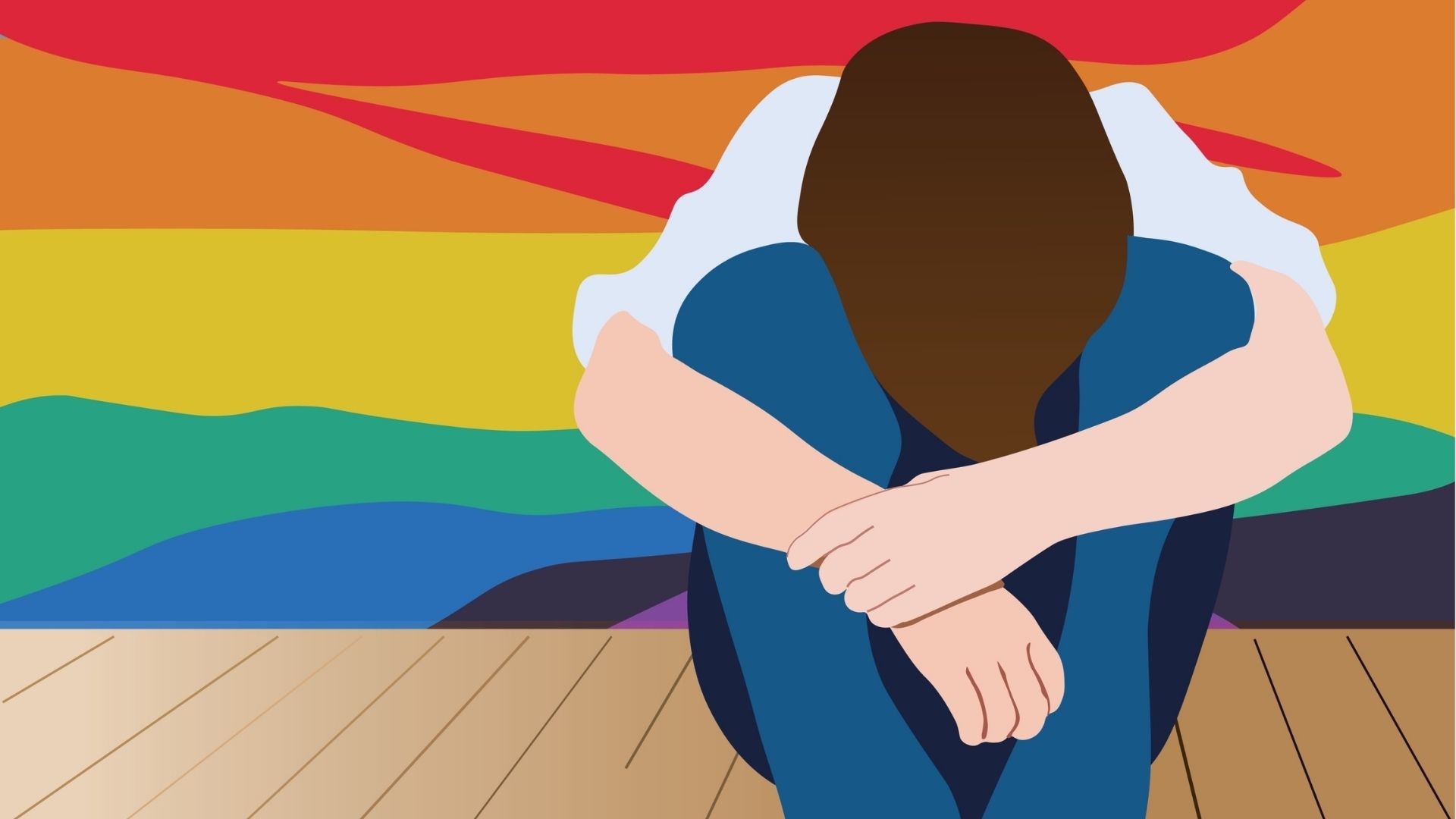“Good Luck, Babe!” – Chappell Roan
It was at 17 years old that a young Chappell Roan uploaded an original song to YouTube named “Die Young.” Atlantic Records saw her unique sound and talent before promptly signing her on. However, it was not until 2021 that her debut single “Pink Pony Club” took off and pushed her to make a name for herself. Since then, she’s released several singles before finally releasing her debut album “The Rise and Fall of a Midwestern Princess” in 2023. Her style is known to mix elements of 80’s pop and indie. Her physical style is extremely recognizable, as she wears a very pale foundation with bright eyeshadow and lipstick to emphasize her ground-breaking and unique place in the pop realm.

Chappell Roan performing live. Source
“Good Luck, Babe!” starts with Roan singing in first person to a mysterious ex-romantic interest. Roan assures the listener “It’s fine, it’s cool. You can say we’re nothing but you know the truth.” This hints at a lack of ability to commit towards whoever she is singing to, saying that even if this person claims their relationship is nothing, there is more to it. Roan then continues with “You can kiss a hundred boys in bars, to try and stop the feeling.” By singing this, she hints at her love interest possibly not being comfortable with herself and her identity. Roan is known to be a lesbian woman, and she claims that their ex-lover is in denial of their sexuality.
Then, Roan sings passionately about how “When you wake up next to him, you’re nothing more than his wife.” and “When you think about me all of those years ago, you’re standing face to face with I told you so.” This is a direct call out of the pain that this person caused Roan through being scared of commitment and their sexuality, and how they are going to be filled with regret and longing by the end of their life, wishing they could have had the freedom to be who they truly are.

Many people, especially adolescents, are figuring out who they are and may be confused about their identity. Source


